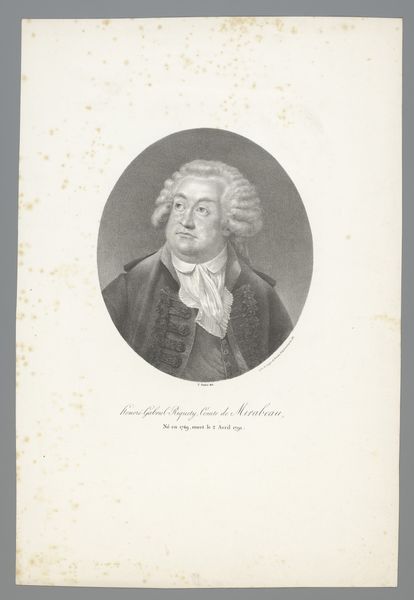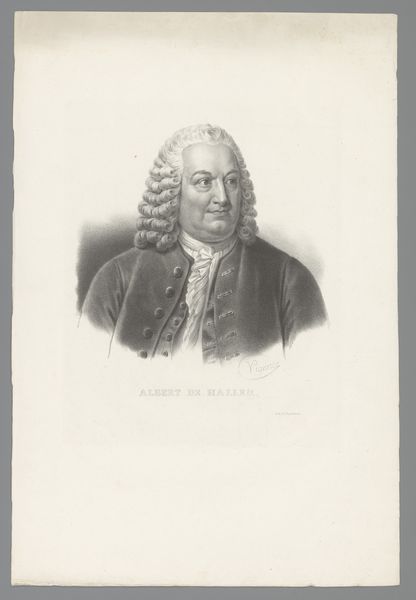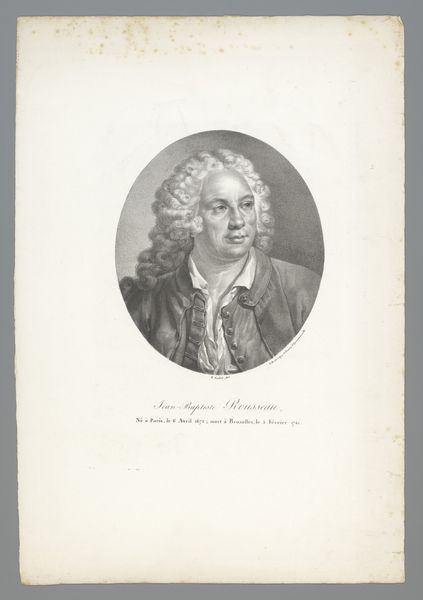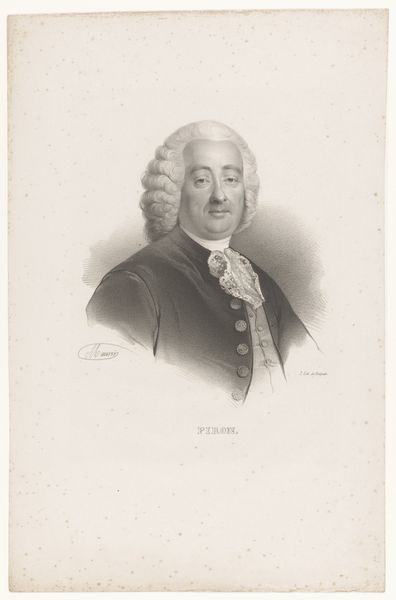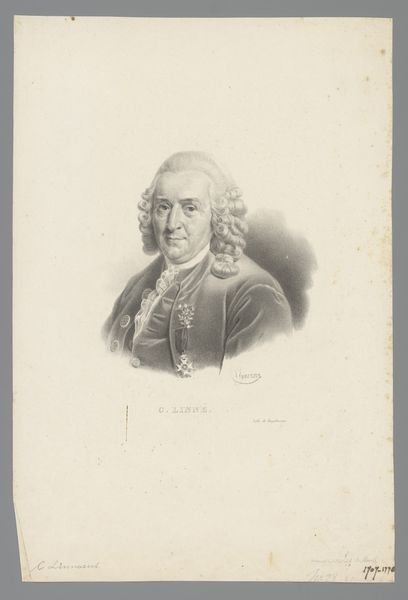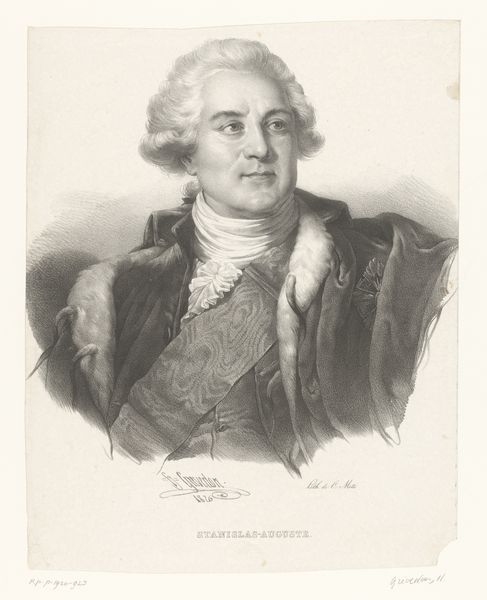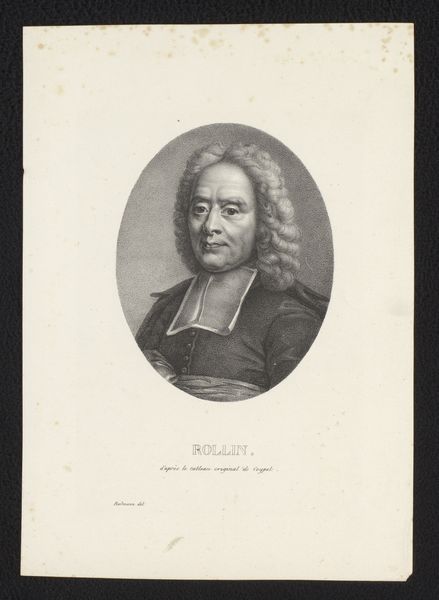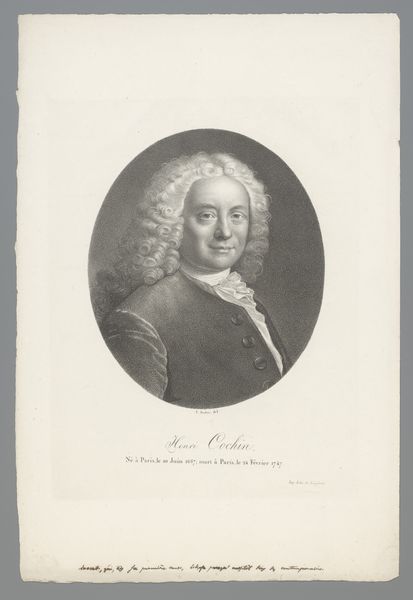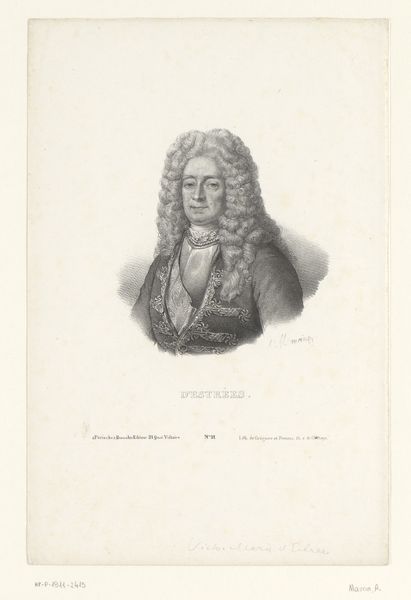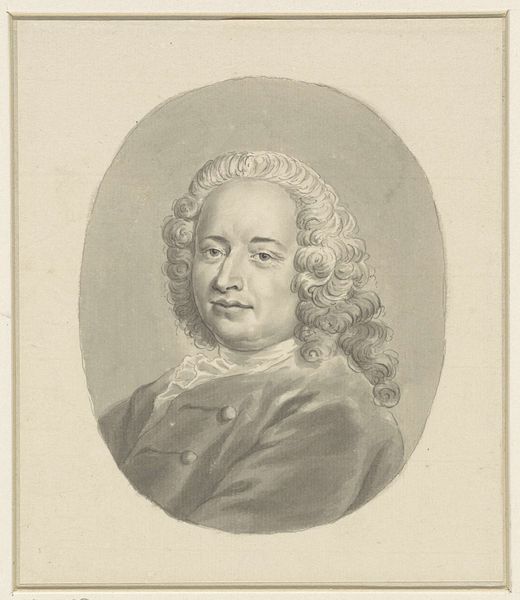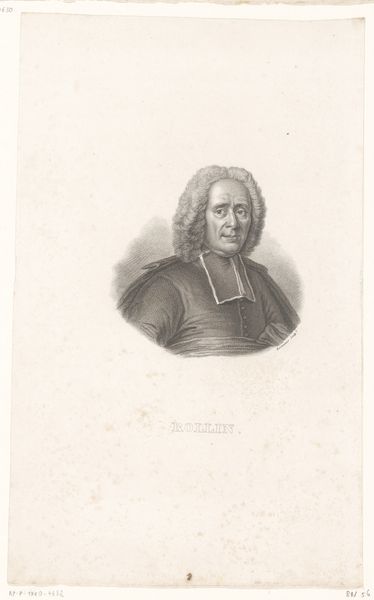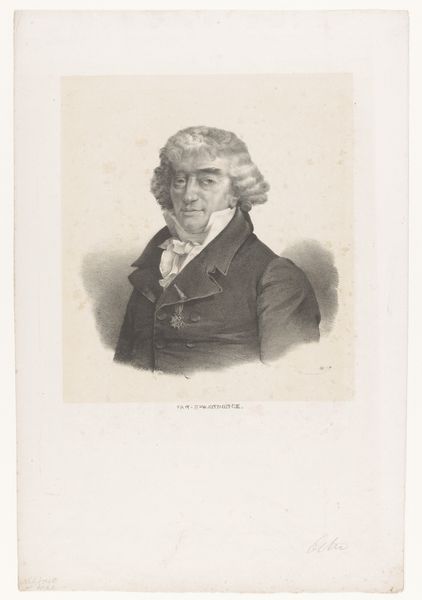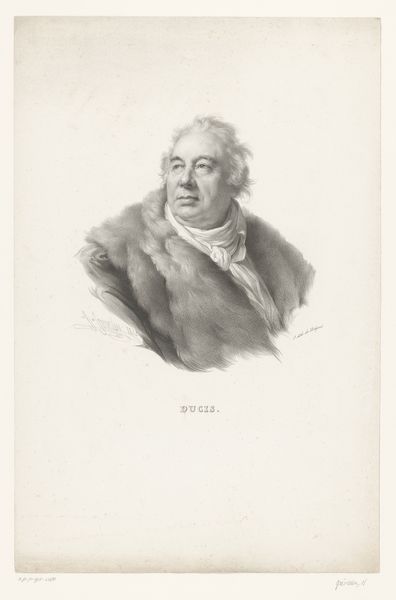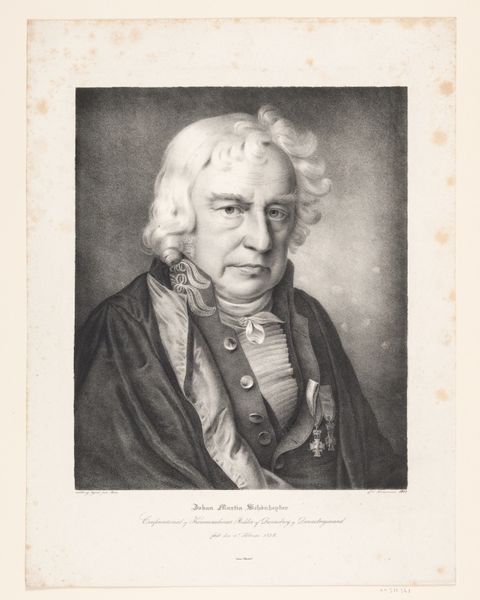
print, engraving
#
portrait
#
neoclacissism
# print
#
old engraving style
#
line
#
history-painting
#
engraving
#
realism
Dimensions: height 480 mm, width 315 mm
Copyright: Rijks Museum: Open Domain
This portrait of Honoré-Gabriel de Riqueti de Mirabeau was made by an anonymous artist using etching and possibly engraving techniques. Looking closely, you can see the fine network of lines that give the image its form and tone. This printmaking process was a highly skilled practice, demanding precision and control over the tools used to carve into the metal plate. The matrix would then be inked and printed onto paper. The very nature of printmaking allowed for the mass production of images, playing a key role in the dissemination of ideas and the formation of public opinion. Considering Mirabeau's prominence during the French Revolution, we can imagine how prints like these would have served to circulate his image and influence. The labor involved in creating the printing matrix, from the artisan who made the paper to the printmakers themselves, speaks to the collaborative nature of the medium. The history of this portrait reminds us that the value and significance of an artwork are as much about the materials, processes, and social contexts as they are about the subject depicted.
Comments
No comments
Be the first to comment and join the conversation on the ultimate creative platform.
